Listing Construction Features
Understanding architectural styles, construction types, and accessibility features for your listing
Home Architectural Style
Select the architectural style that best describes your home. This helps buyers quickly identify properties that match their preferences.
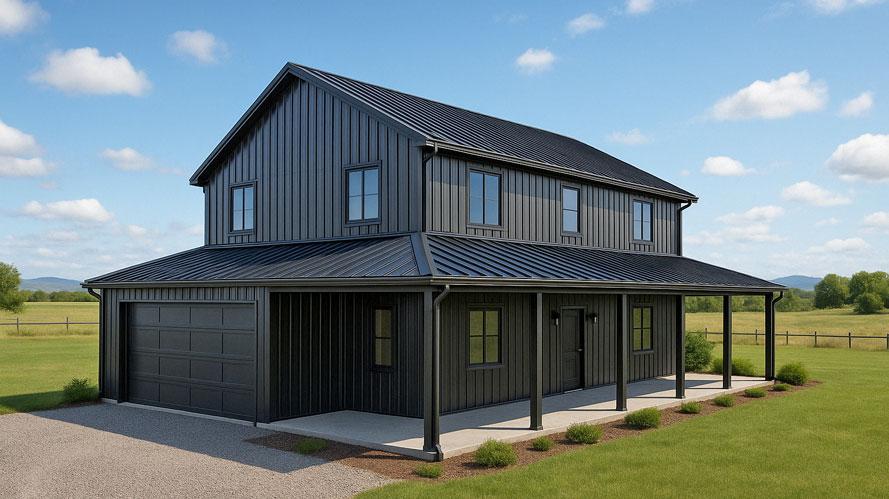
Barndominium
A barn converted to living space or built in a barn style with living quarters. Often features open floor plans and rustic elements.
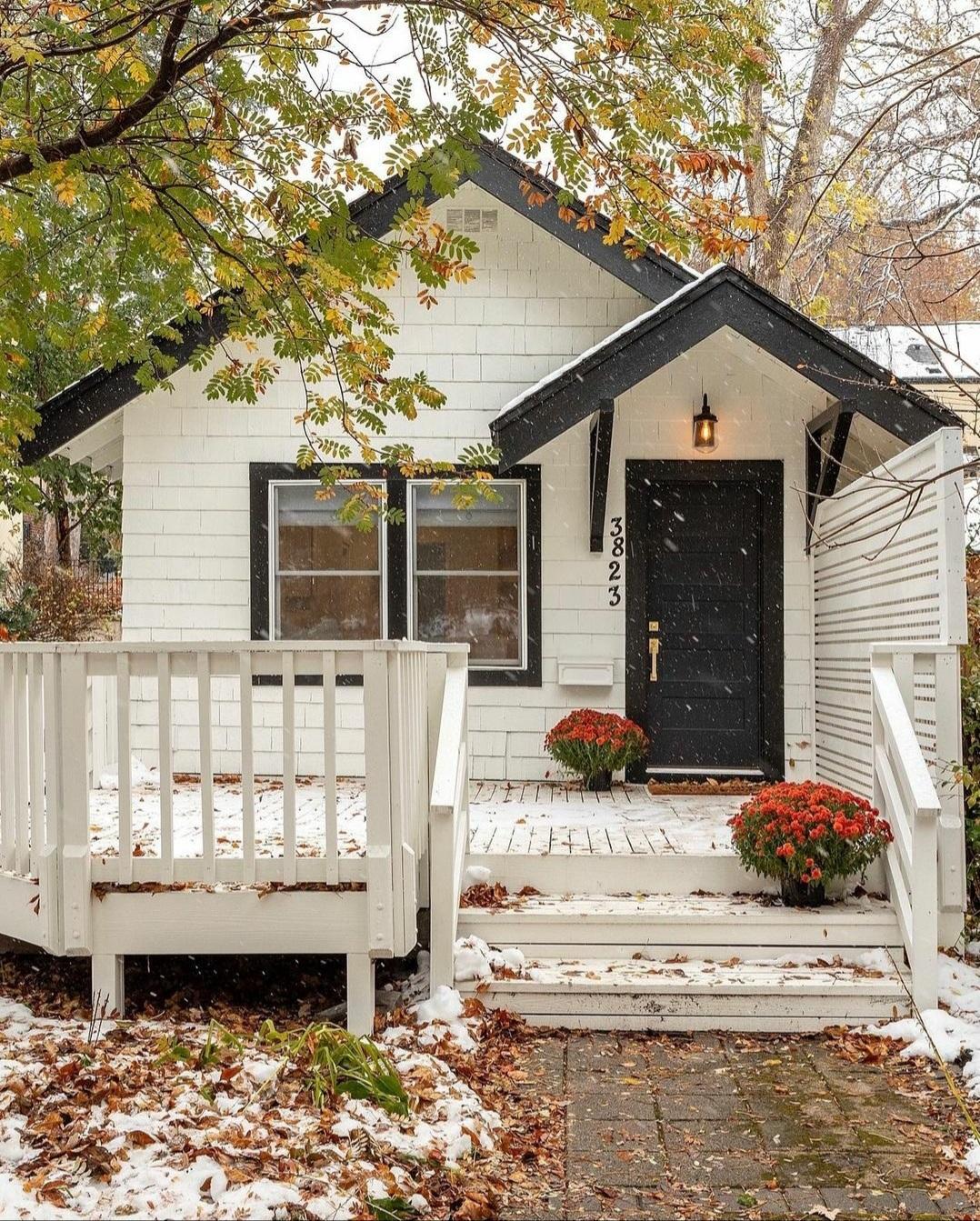
Bungalow
Single-story or 1.5-story home with low-pitched roof, wide front porch, and cozy feel. Popular in early 20th century.
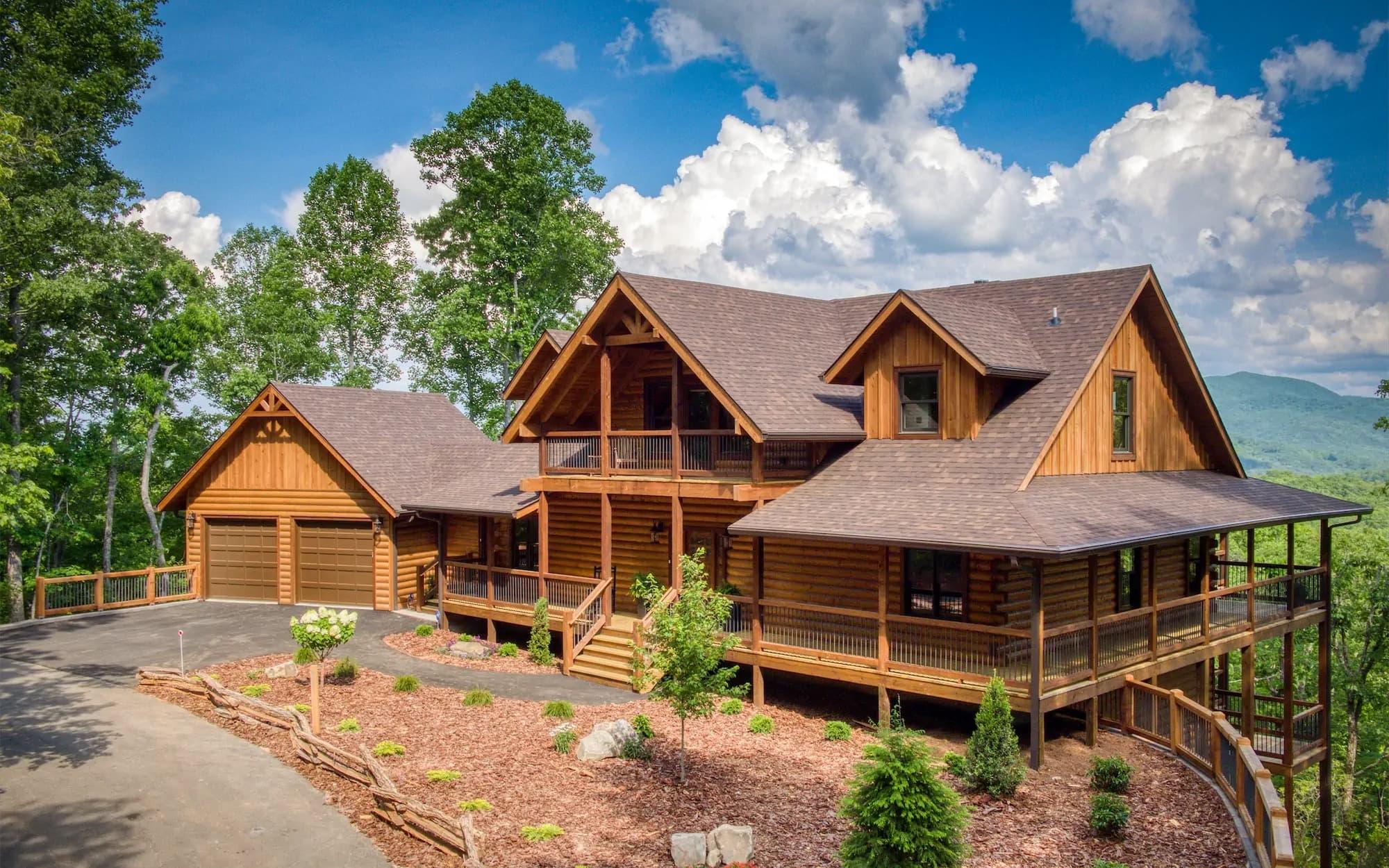
Cabin
Rustic home often featuring wood construction, simple design, and natural materials. Common in rural or mountain settings.
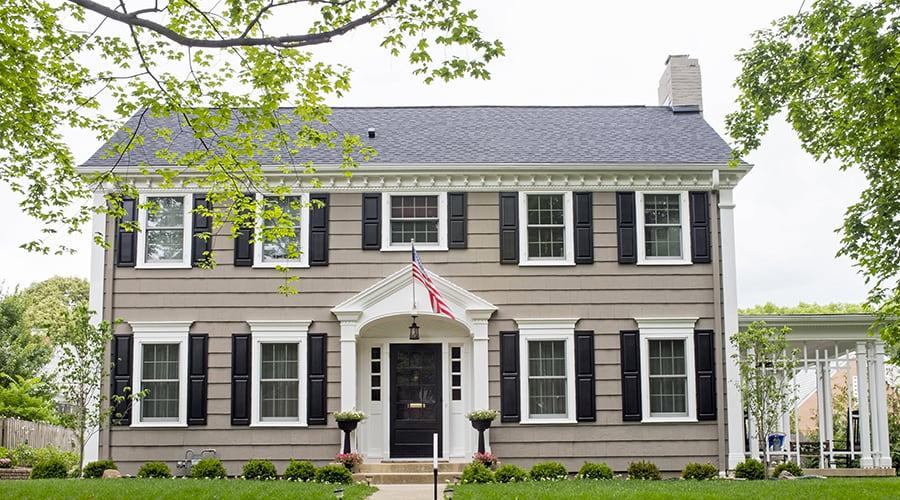
Colonial
Two or three-story home with symmetrical design, centered front door, and evenly spaced windows. Classic American style.
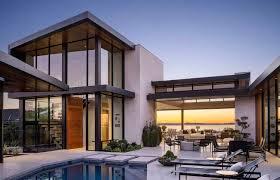
Contemporary
Modern design with clean lines, open floor plans, large windows, and minimal ornamentation. Focuses on current trends.
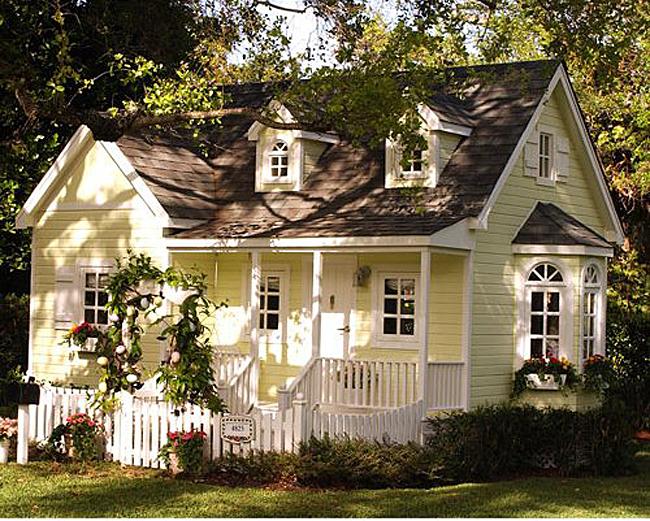
Cottage
Small, cozy home with charming details. Often features steep roof, arched doorways, and quaint character.
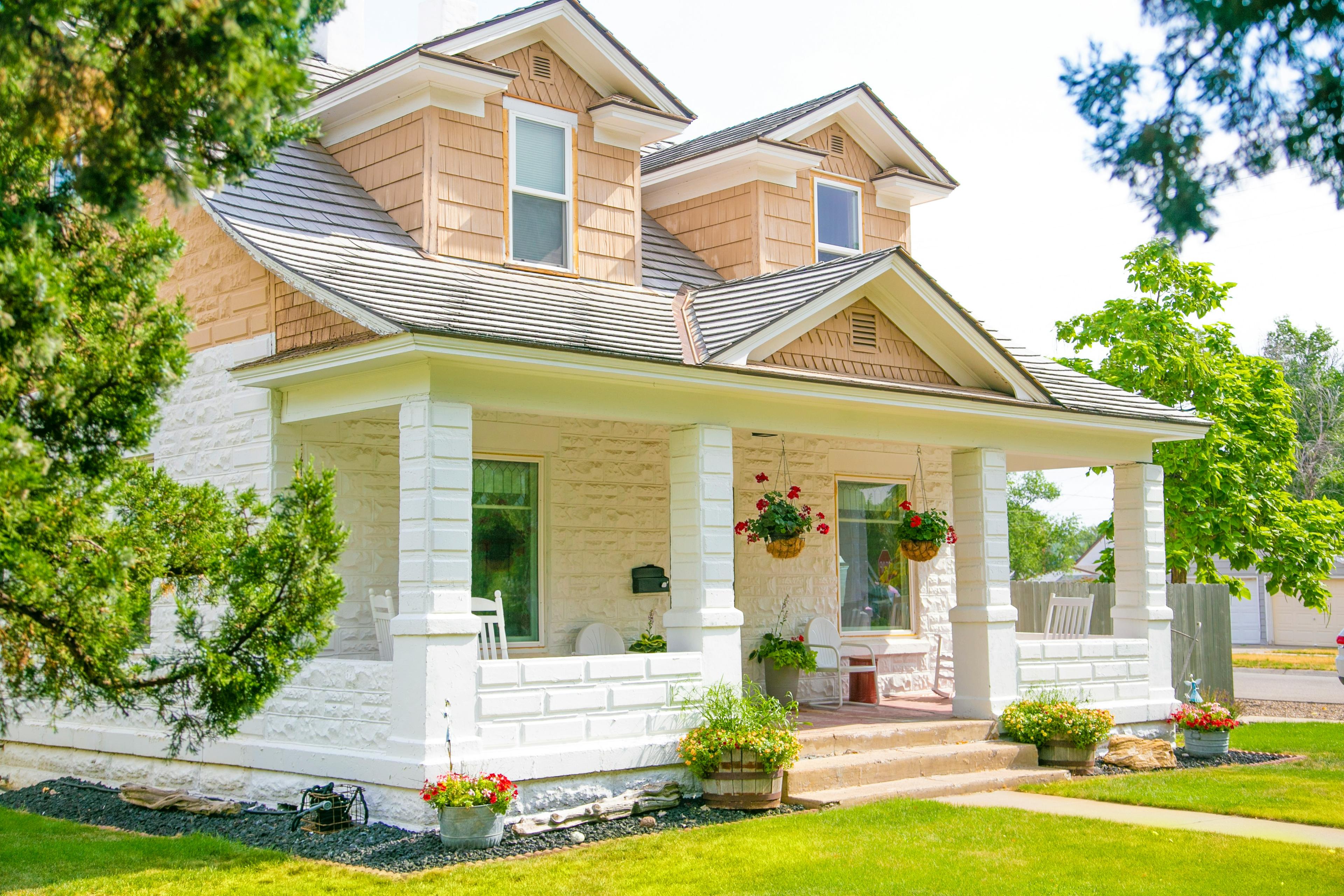
Craftsman
Known for handcrafted details, low-pitched roofs, exposed rafters, front porches with tapered columns, and built-in furniture.
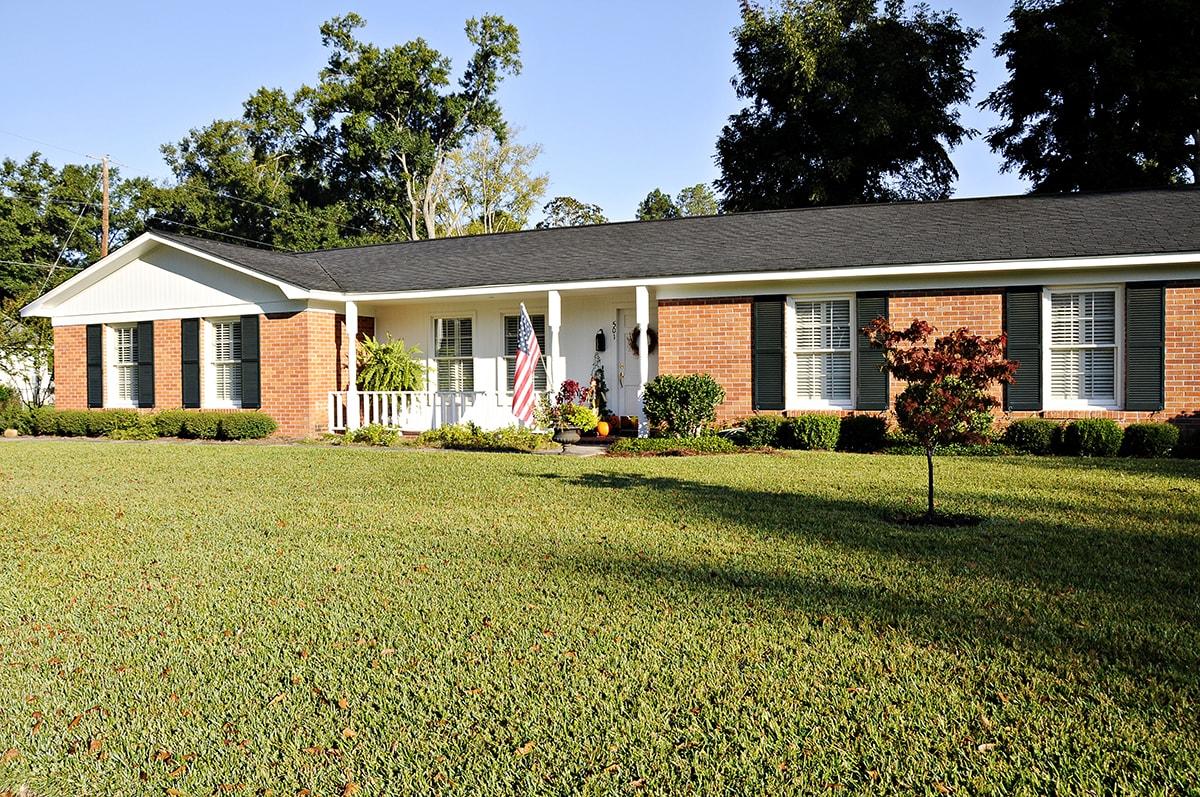
Ranch
Single-story home with long, low profile, open floor plan, and attached garage. Very popular mid-century American style.
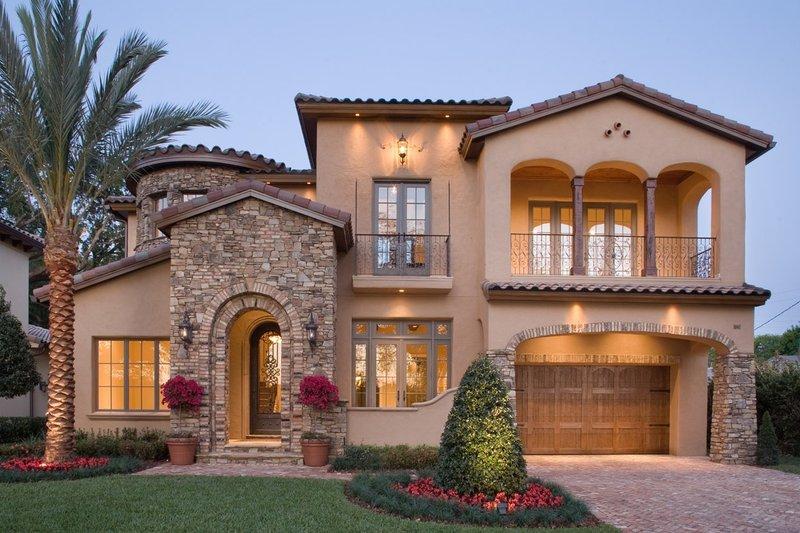
Spanish/Mediterranean
Features stucco walls, red tile roofs, arched doorways, courtyards, and wrought iron details. Warm, inviting aesthetic.
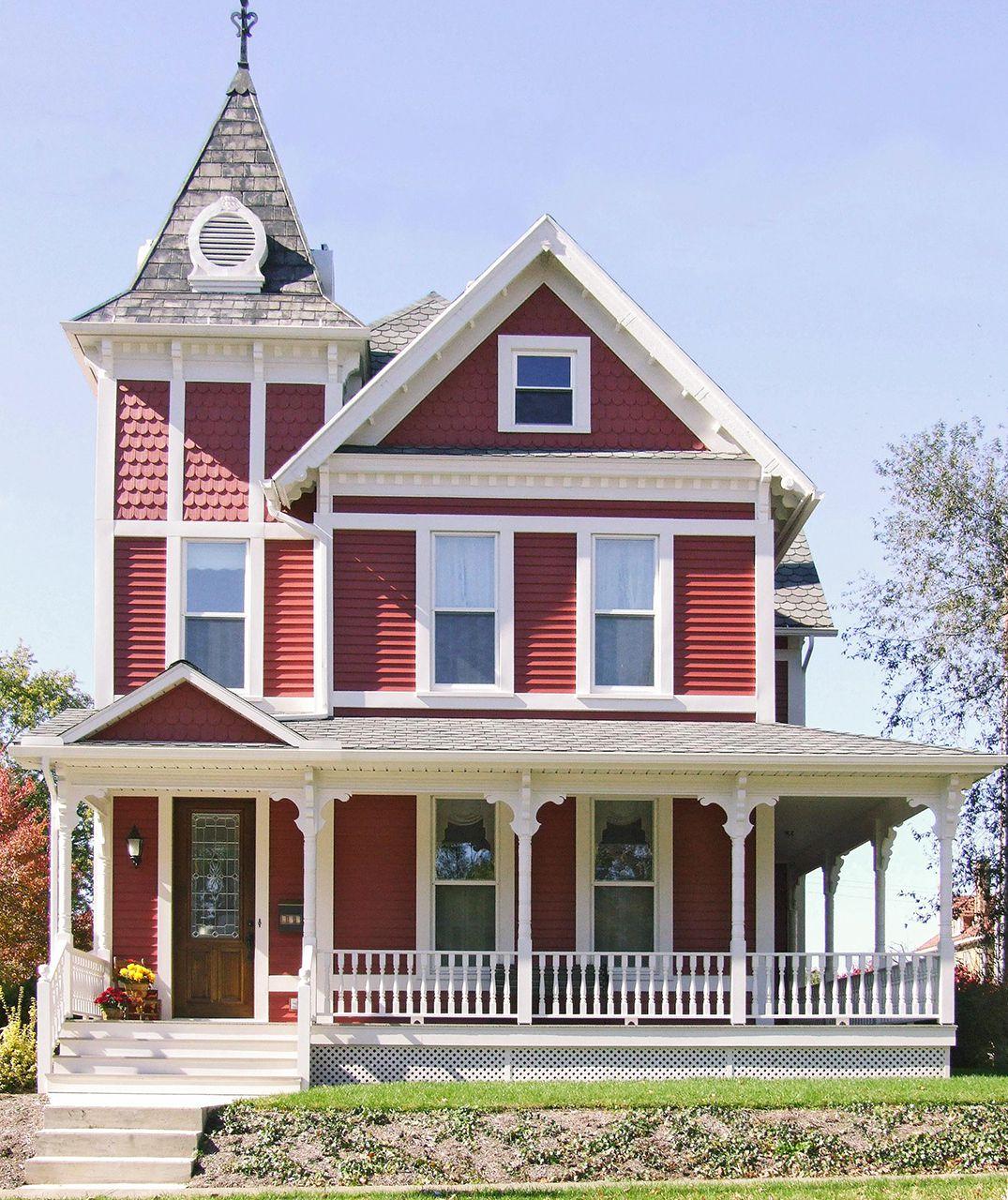
Victorian
Ornate details, asymmetrical design, turrets, bay windows, and decorative trim. Popular in late 19th century.
Construction Type
The construction method used to build your home affects everything from insurance rates to maintenance needs.
| Construction Type | Description |
|---|---|
| Block | Concrete blocks (CMU). Durable, fire-resistant, common in certain regions |
| Concrete | Poured concrete construction. Very durable and energy-efficient |
| Manufactured | Built in factory, delivered to site. Also called “mobile home” if built after 1976 |
| Mobile Home (pre 1976) | Factory-built before HUD code. Different standards than manufactured homes |
| Modular | Built in sections at factory, assembled on-site. Meets local building codes |
| Panelized | Wall panels built in factory, assembled on-site |
| Pre-cut Log | Logs cut and numbered in factory, assembled on-site like a kit |
| Steel | Steel frame construction. Durable, pest-resistant, energy-efficient |
| Wood Frame | Traditional stick-built. Most common construction type in US |
Foundation Type
The foundation supports your home and affects everything from basement potential to moisture control.
Slab
Concrete poured directly on ground. No basement. Common in warm climates, cost-effective, energy-efficient.
Crawl Space
Elevated floor with 1-3 feet clearance underneath. Provides access to plumbing and wiring, better than slab in flood-prone areas.
Full Basement
Complete basement under entire home, typically 8+ feet tall. Provides extra living space and storage.
Partial Basement
Basement under only part of the home. Combination of basement and crawl space or slab.
Roof Material
Roofing material affects appearance, durability, maintenance, and insurance costs.
Asphalt / Fiberglass
Most common, affordable, 20-30 year lifespan
Metal
Durable, energy-efficient, 40-70 year lifespan
Tile
Clay or concrete, very durable, 50-100+ years
Wood Shingles
Natural look, requires maintenance, 25-30 years
Accessibility Features
These features make homes accessible to people with mobility challenges, disabilities, or aging in place needs.
32” or 36” Doors
Wider doorways accommodate wheelchairs and walkers. Standard doors are typically 30” wide.
Roll-in Shower
Zero-threshold shower with no step or curb. Wheelchair accessible with proper grab bars and seating.
Level Entry
No steps at main entrance. May include ramp or flush threshold for easy wheelchair access.
Modified Kitchen/Bath
Lowered counters, accessible sink, easy-to-use faucets, under-counter clearance for wheelchairs.
Need Help?
If you're unsure about your home's construction features or need assistance, we're here to help.
Contact Support